Services
What we offer
Giving kids the very best in health care
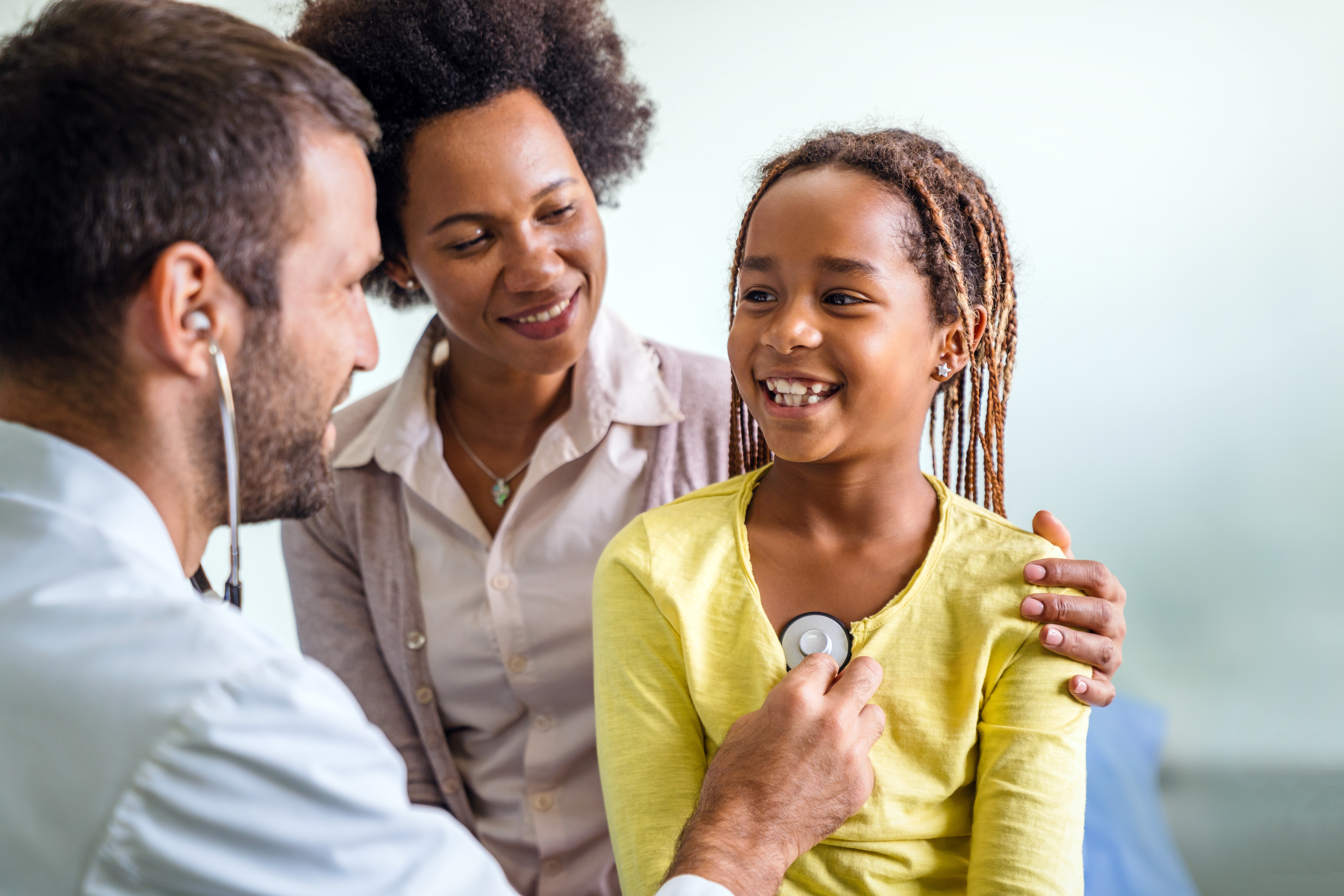
Primary & Urgent Care
Management of students’ chronic illnesses (diabetes, asthma, epilepsy, etc.) and response to on campus injuries and illness (minor sports injuries, cold/flu, sore throats, etc.). Vaccinations and annual/sports physicals as
mandated by the state and sports programs.
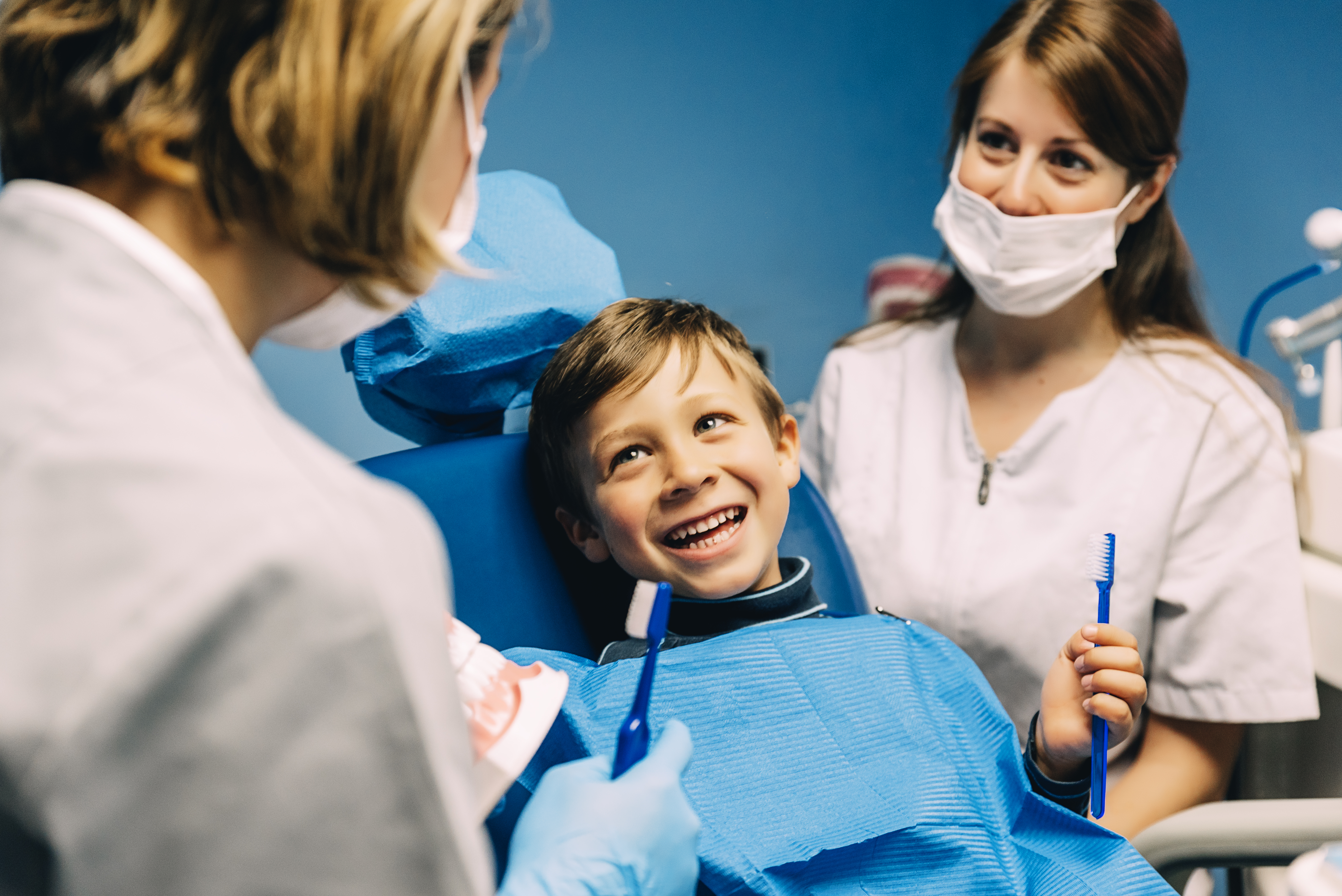
Oral Health
Oral health assessments and treatments to prevent or provide remedy for dental disease. Services range from dental education to the treatment of cavities.
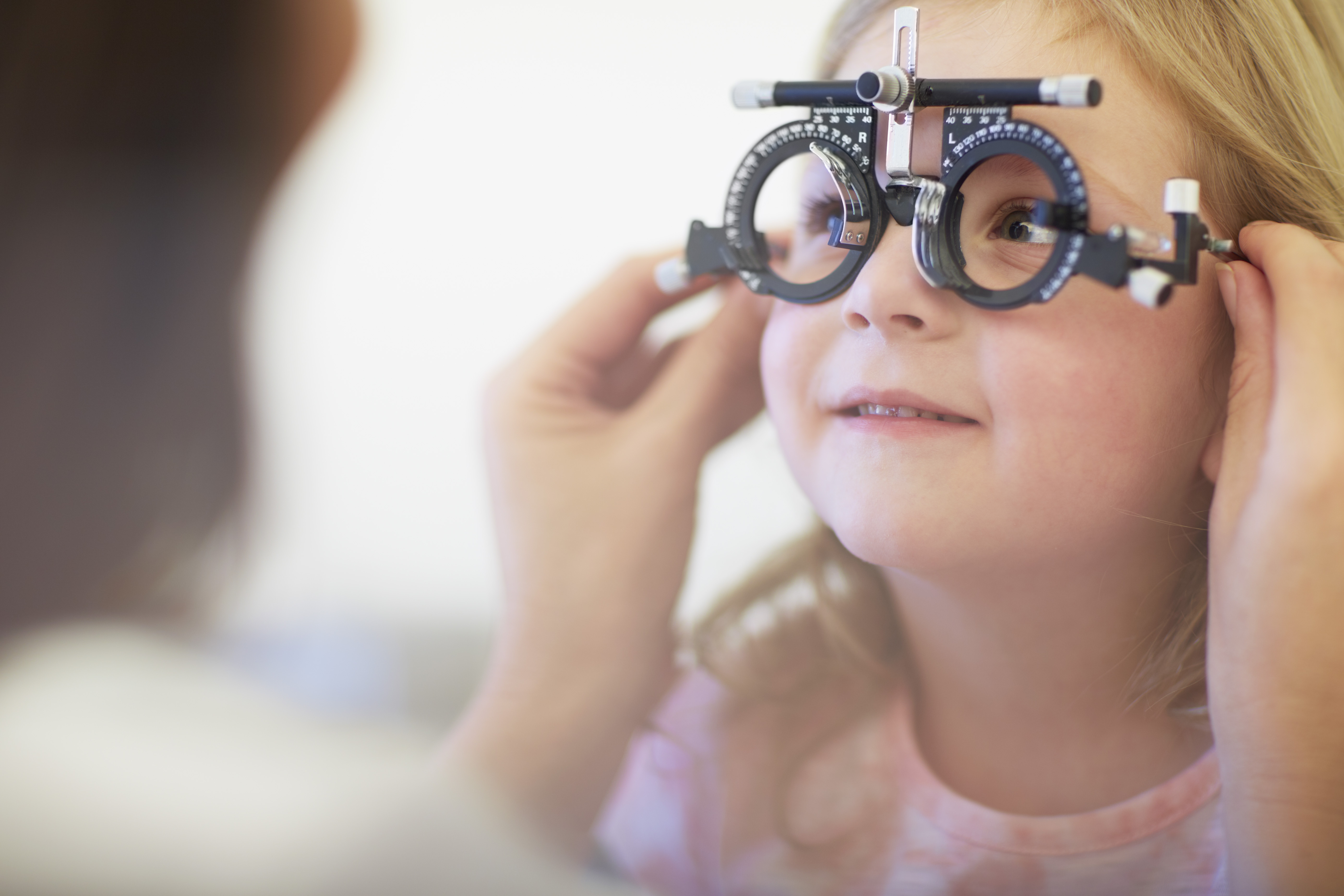
Vision
Vision screenings are required for students as they enter grade school, and
every third year thereafter until high school. Glasses will be available through our program.
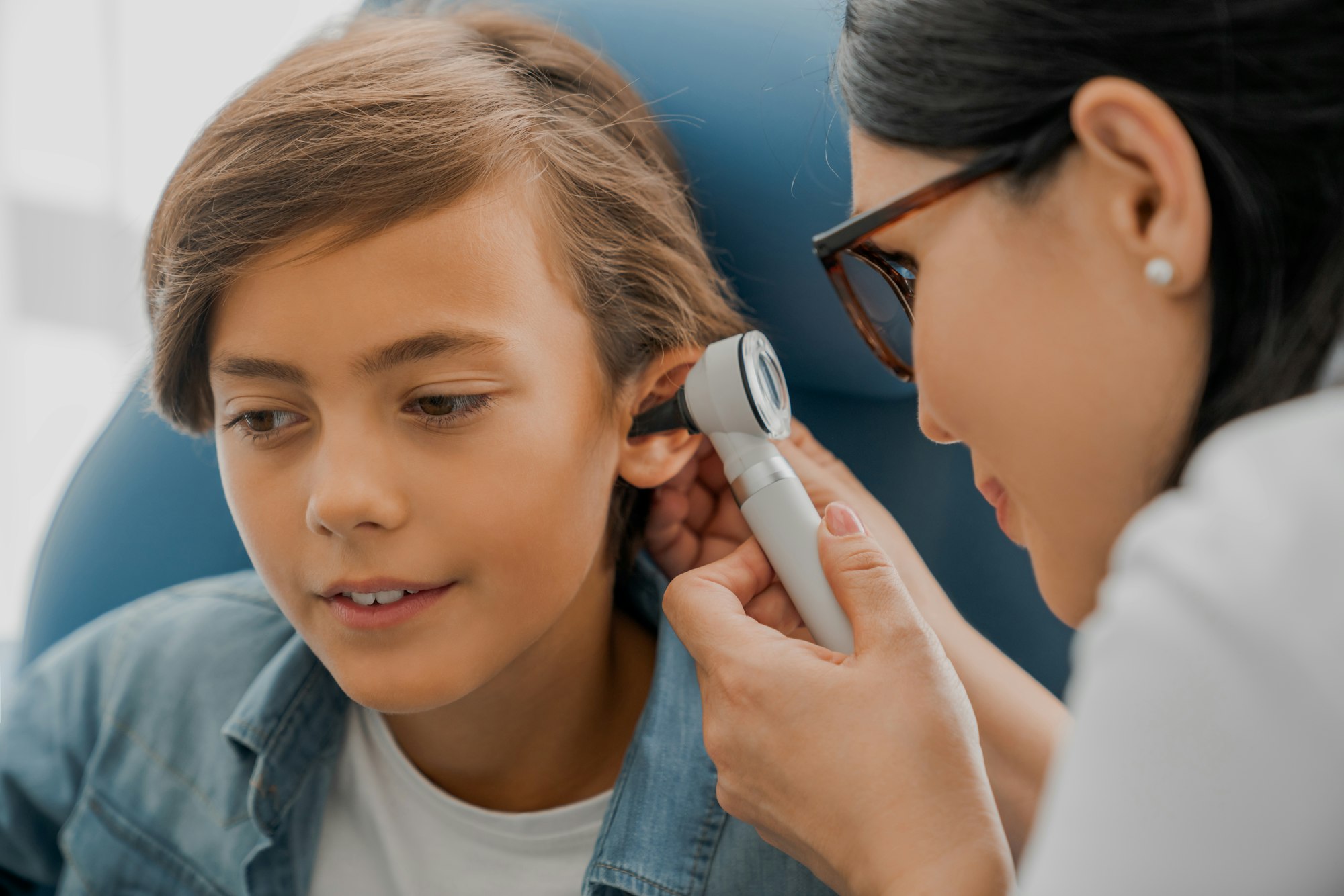
Audiology
Hearing screenings are mandated in kindergarten/first grade and in second, fifth, eighth, tenth/eleventh grade and upon first school entry We diagnose and treat hearing,
balance, or ear problems.

Mental Health
Student counseling and mental health programs provide evaluations and
interventions to support students and members of the communities’ mental and emotional state.

Homeless/Mobile Health
Mobile clinics bring health care to schools fully equipped with exam rooms and needed medical and dental equipment. Mobile clinics increase access to needed services in low-income communities.

Behavioral Health
We offer students and family members a place where they feel safe to discuss complex issues (substance abuse, sexual abuse, relationships, and etc.)
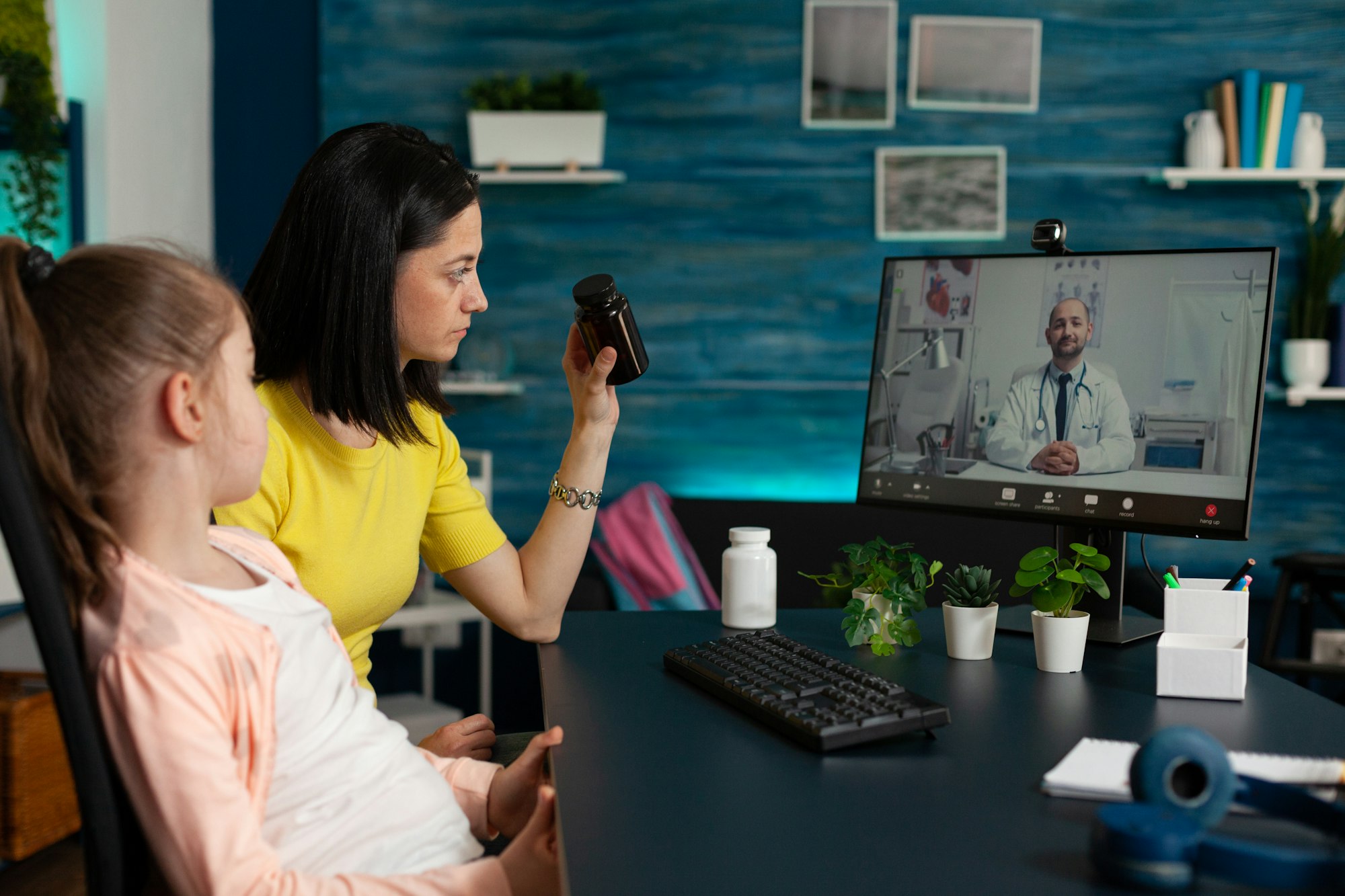
Telehealth Services
Telehealth services allow medical providers to remotely assess acute care and/or specialty problems, manage chronic diseases such as diabetes, and increase access to mental health care.

Reproductive Health
Family planning counseling and education, STD/HIV testing, prenatal counseling (proper diet, body weight, exercise, vitamins, and substances to avoid), and referral to Doula/Mid-wife program if indicated.

Health & Wellness Education
In classroom education for different age groups
regarding various health and social topics (such as STD/HIV, obesity, gun violence, addictions, social media, etc.); student wellness coaching for lifestyle health; community educational programs (such as cooking classes, parenting classes,
cardiac/diabetes risk and management, etc.) as well as online educational
resources; opportunities for student volunteers and mentorship.
